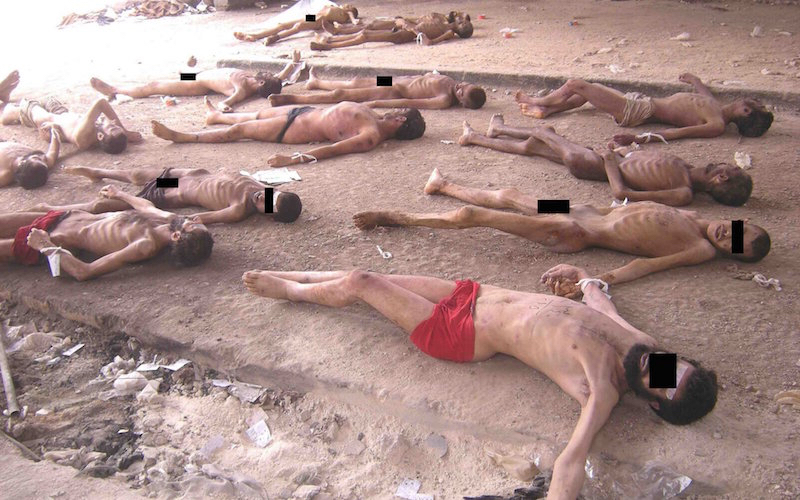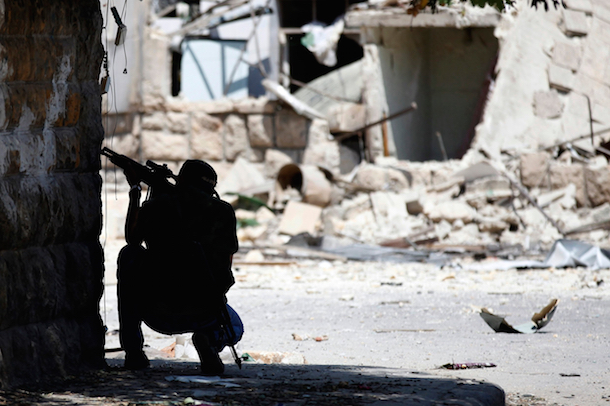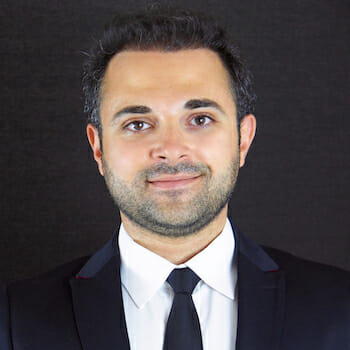
The Injustice of the Syrian Regime
He bought his brother from the Syrian regime after three and a half years of imprisonment. Yes, he literally bought him for $12,000.
“My brother Mohammad was taken by security forces in July 2011,” said Mohammad’s brother, who refused to reveal his full name. “He was tortured, humiliated and separated from his new-born child and wife for almost four years,” he added.
Mohammad, now 37, previously an accountant, is physically-challenged. His left leg has been paralyzed since childhood. He was in prison between July 2011 and February 2015 at which time his family paid a lawyer to have him released, according to his brother.
“In November 2014 our father found a ‘lawyer’ after a long search in the corrupt system in Syria for someone to get him out,” Mohammad’s brother explained.
The brother said that the desperate search had been mixed with hopes that, maybe, the rebels would take control of the central prison in Aleppo, where he had been kept, and release him along with other detainees.
“The lawyer we found might not be the one you have in mind,” Mohammad’s brother noted. “He is more like a mediator between individuals in the government on one hand and distressed people like my brother and my family on the other.”
According to Mohammad’s family, the mediating lawyer asked for a huge sum of money to get him released, and after bargaining, the price was set at $12,000. The mediating lawyer said: “The money is not for me. I just earn my mediating fees. They take the money, the judge does.”
“We were not sure if my brother would be released after paying the price,” the brother commented.
The mediating lawyer told the family that if they paid the money, he could make a call to the right “judge” and their son would be immediately released.
In an attempt to pay the money, Mohammad’s family tried to contact human aid organizations to ask for help. “While most of them haven’t replied yet, two responded negatively on the ground that they don’t support special cases,” the brother said.

“Well, we managed to pay the government, or individuals in the government, to have my brother released,” the brother proceeded. “It was bitter to do so. We were sure that the people we are paying are the same people who buy bullets and explosive barrels to kill people like us. It was paying our killers to carry on slaughtering us.”
“It is painful to know that you are paying all what you have to those who displaced you and your family, killed your relatives and siblings, destroyed your home and failed your country. It is more painful to know that they continue doing so. Thanks to the people like us who pay them to become stronger,” he added.
Mohammad’s family is now in a safer place and in debt – so is the newly released son. Mohammad said in a comment: “I am not sure that I want to leave the prison because I don’t have a perspective about what to do next.”
“He had to survive to get out of the prison. At the time the chance presented itself, he became reluctant. He is a man in debt, psychologically destroyed and traumatized,” his brother added.
Mohammad is now relatively safe far from the regime-controlled areas. He finally met his family, wife and now three-year-old daughter.
In summer 2011, the protests expanded to wider areas in Syria and the situation escalated. Violent clashes between protestors and the Syrian regime were clearly underway. Mohammad was arrested at a checkpoint in the north of Syria while he was going to work.
He was accused of using weapons against the government. Mohammad did not know how to use a weapon, his family says. Based on his disability, he had been exempt from all obligatory military trainings. He was tortured for two months and then sent to a central prison for three and a half years without a trial.
Tens of thousands of innocent civilians are still neglected in the regime’s secret torture chambers and prisons where several thousands have died from hunger, torture or disease.

